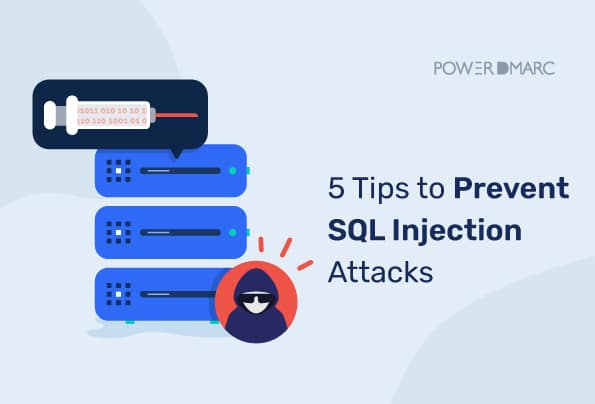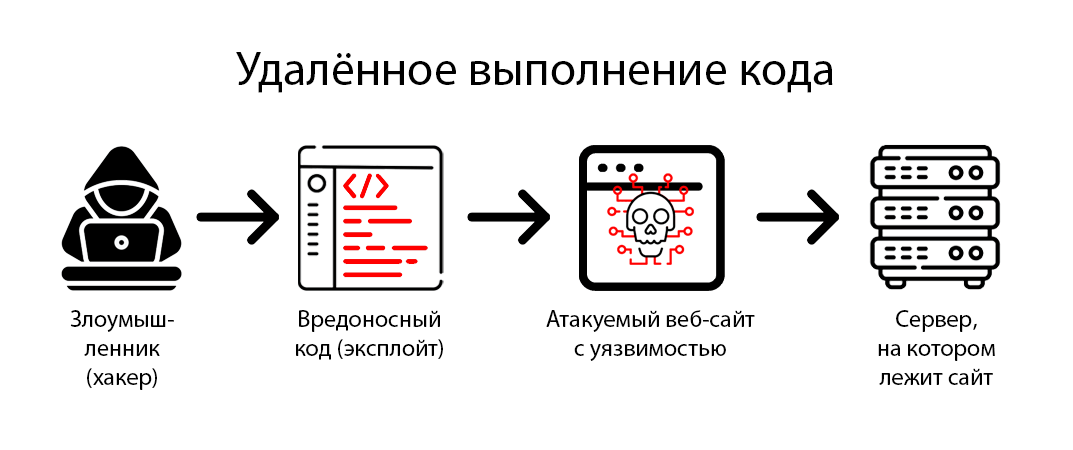How to Protect Your Server from SQL Injection Attacks?
SQL injection is one of the most common methods of attacking a server. Hackers use this vulnerability to gain access to a website’s database and steal valuable data. To protect your server from such attacks, you need to take certain security measures.
1. Use Prepared Statements
One way to protect against SQL injection is to use prepared statements. This means that all database queries should be carefully checked and filtered before execution. You should avoid dynamic query generation and use parameterized queries instead.
2. Stay Up-to-Date with Security Updates
To protect your server from SQL injection, you need to regularly update all components of your web application. Software updates may contain patches and fixes that address known vulnerabilities. Pay attention to update notifications and install them immediately.
3. Use an ORM
ORM (Object-Relational Mapping) is a technology that allows you to work with a database in an object-oriented style. By using an ORM, you isolate yourself from direct database access and make queries without the possibility of SQL injection. ORMs provide security and convenience when working with databases.
4. Encrypt Data
To protect your server from SQL injection, it is recommended to encrypt all valuable data stored in the database. Data encryption makes it unreadable to attackers even in the event of a successful attack. Use strong encryption algorithms to protect information on your server.
5. Conduct Security Audits
To ensure reliable protection of your server from SQL injection, conduct regular security audits. Check the configuration of your server, database, and web application code for vulnerabilities. Identify and eliminate potential threats before they cause a real attack.
Conclusion
Protecting your server from SQL injection is an important task for any web developer. By following the recommendations above and taking the necessary security measures, you can protect your server from potential threats and preserve the valuable data of your website.





